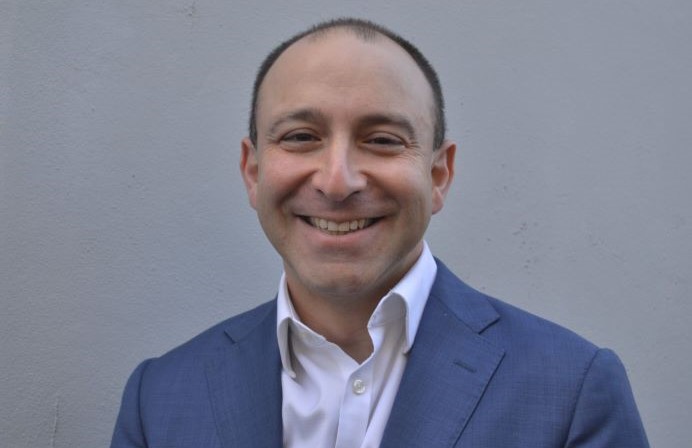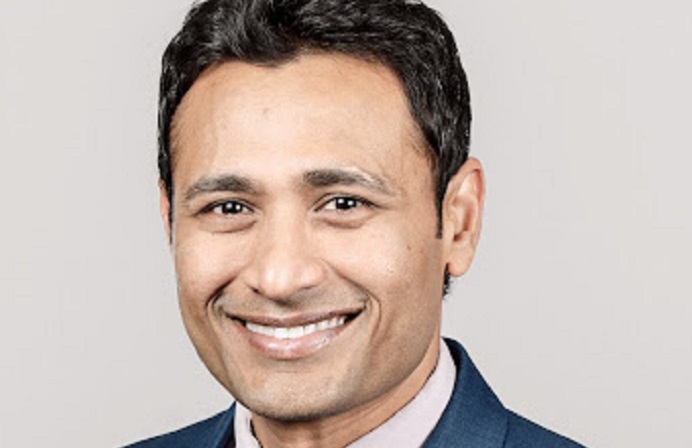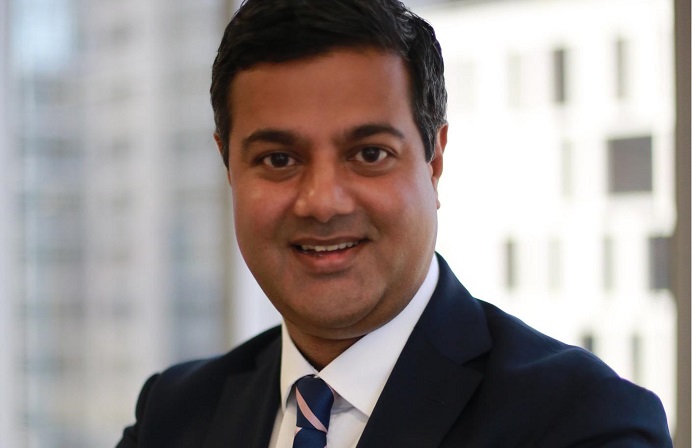
FST Media: What are your priorities for the next 12 to 18 months?
Poedjirahardjo: In 2009, CIMB Niaga started its journey on building the bank’s branchless banking proposition. It has since been fulfilling its mission by making banking more accessible to the customers through internet banking (CIMB Clicks) in 2011, mobile banking (Go Mobile) and Preferred Phone Banking in 2012, then the Digital Lounge and mobile wallet (Rekening Ponsel) in 2013.
With mobile subscriber penetration of 100 per cent in Indonesia, CIMB Niaga’s focus for the next 12 to 18 months will be to strengthen and improve the non-branch banking infrastructure to serve banked and unbanked customers alike. We are preparing for a non branch banking platform that allows us to grow into the future. Anticipating where the trend of non-branch banking will take off, and we are ready to deliver banking services that fit the needs of our customers at least five years from now. Our aim is to be the undisputed leader in non-branch banking (we call it branchless banking) in Indonesia.
FST Media: What technology or innovation is proving to be the single biggest game changer for banking in Asia?
Poedjirahardjo: There is not one technology or innovation that is in itself the single biggest game changer. Each technology or innovation becomes the game changer when it is combined with the right business model that fits the needs of a certain unique market.
Take the well-known unique case of MPesa for example; the phenomenal mobile wallet that has been very successful in Kenya was launched by the telecommunication operator, Safaricom. MPesa fits right into the needs of many Kenyans who had no or limited access to financial services. Taking advantage of the mobile penetration and mobile wallet technology, the Kenyans could enjoy more cost efficient financial services. However, the technology did not work, MPesa made it successful by building a network of agents trusted by the people to access their money (cash depositing or withdrawing points).
FST Media: What will be the most significant challenge facing branchless banking in the year ahead?
Poedjirahardjo: CIMB Niaga is a bank with 974 offices (as at 30 September 2013) across the countries, with around 4,000 touch points by combining branches/offices and its ATM networks. This is barely significant in the context of servicing the bankable and the unbanked customers, which is estimated to be around 68 per cent of the 245 million Indonesian population (Central Bank’s Survey 2012).
Therefore, banking services must be brought outside of the branches to the customers to fit their lifestyles, which is the very core concept of Branchless Banking.
The greatest challenge is to encourage and ensure customers trust and pick up the branchless banking technology. This requires constant education and socialisation, across all parts of the country throughout the bank’s network. Building the trust of the community towards the system is also another main challenge as it involves the overall bank’s integrated effort, infrastructure and processes.
FST Media: How has CIMB’s branchless banking product Rekening Ponsel delivered value to the business and how will you measure its success?
Poedjirahardjo: Considering the 100 per cent penetration of mobile subscribers in Indonesia, Rekening Ponsel, with mobile wallet as the underlying product, is built with the purpose of increasing the bank’s market share in mobile banking space.
Rekening Ponsel does not require the user to open a bank account to enjoy the services. Users only need to register their phone number with the bank and create a PIN to secure their personal transactions. This means that the bank can widen its target to those who were previously categorised as the unbanked segment. Since the launch in March 2013, Rekening Ponsel has delivered more than its expected milestone achievements. This proves that there is demand and need in the market to gain access to simple and reliable financial services.
FST Media: How important is the untapped unbanked market in Indonesia, and how do you plan to continue to capture this market?
Poedjirahardjo: Based on Central Bank’s survey, it is estimated only 41 per cent of the population actually has a savings account (relationship with the bank). This leaves for 27 per cent or an estimated 68 million potential untapped unbanked customers. The geographical landscape of Indonesia (archipelagos) makes the physical branch presence more challenging. Therefore, the most efficient way to reach them is through mobile penetration. This forms our strategy to increasing market share, first through Rekening Ponsel, and with the right profiling, deepening and upselling the customers to relevant products and services that fit into their evolving needs.
FST Media: What is proving to be your most effective customer acquisition channel and why?
Poedjirahardjo: With the face to face Know-Your-Customer (KYC) process that is required to be in place by the Central Bank, the most effective acquisition channel is still through branches. Bank employees perform the KYC during the account opening process, and provide all the necessary information to customers prior and after account opening.
The Central Bank took a breakthrough step to pilot its ‘Agent Banking’ concept, engaging with non-bank entities to perform financial transactions and KYC on behalf of the banks. This business model has been proven successful in many developing markets, and could become the next success story with the right regulations and support in place.
FST Media: What are CIMB’s digital initiatives for the future? How is the bank leveraging digital and e-channel platforms to create a seamless customer experience?
Poedjirahardjo: We started our digital and e-channel proposition from the simplest financial transactional needs, like transfer. Customers would have to otherwise go through all the trouble to come to a branch to do transfer. Once the basic functions have been understood, the services should extend to the likes that will enable wide and fast access such as, mobile commerce, where a device can be used as a means to pay either at electronic channels and web portals or at physical points of purchase.
FST Media: What information sources do you consider invaluable for your job, and why?
Poedjirahardjo: Customers have always been the most honest source of information. One can try and deliver their job the best they can, but customer’s feedback, response, pick up rate, etc, will give the most honest feedback whether we have done our best or if what we do actually matters.
FST Media: What do you consider to be the greatest achievement of your career to date?
Poedjirahardjo: Being part of a team to contribute to the bank’s core mission to be the leader in Digital Banking space.
I am most fortunate to be within a team with leaders that are passionate about this mission. Over the years, CIMB Niaga has been delivering on its branchless banking platforms, improving customer accessibility and experience in branchless banking transactions and services.
FST Media: Every leader has a legacy they wish to be remembered for. What is yours?
Poedjirahardjo: Respectable leaders that I learn from, know well to unleash their people’s potential, clear the path for their people to grow, take accountability for their actions and decisions, and are non-negotiable on critical standards for business success.
One said we are where we are today because someone took the risk to trust us in the past. These are the legacies I remember those leaders for, and are what I would like to pass on.





